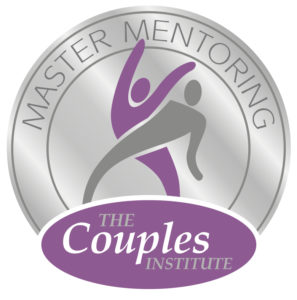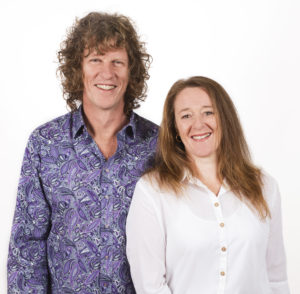RTI offers training in relationship therapy, both general training in how to work with relationship issues and specific training in the Bader-Pearson Developmental approach (read more about the model here) which we brought to Aotearoa in 2015. The model gives you a specific diagnostic framework and concrete skills for helping people with relationships. Both seasoned and novice therapists will benefit from the array of specific, targeted interventions and the model’s “wide-angle” view.
Our training is compatible with all other models of relationship therapy – Imago, EFT, Gottman, Psychodynamic, Crucible etc. It is suitable for counsellors, psychologists, psychotherapists, social workers – any helping professional.
Introduction to Couple Therapy.
Our foundational training is a two-day workshop called Working with Couples which is not specifically about the Developmental Model but gives you a grounding in the practicalities of couple therapy. If you haven’t worked with couples or have had training in a model of couple therapy that left you feeling uncertain about what to actually do when you have two people in the room, this is the training for you. Experienced couple therapists have attended this course and come away pleasantly surprised at how much they learned. Rooted in the collective 60 years of experience of Nic and his partner Verity Thom, it will empower you to work with couples in a confident and skillful manner.
Completion of this course or equivalent is helpful when training in the Developmental Model.
Training in the Developmental Model.
The reason we chose to practise and teach this approach is that it is such a useful “umbrella” model. You can fit your existing knowledge and training in, but organise it better to work with the dynamics of intimate relationships.
Core Skills of the Developmental Model – five days.
There is a lot to take in, learning a new model. So we teach the core skills in two 2-day workshops, a few months apart. We are persisting with in-person teaching despite the challenges of COVID because we believe that you need the opportunity to practice new skills with live people. The training also includes a one-day online component in the middle to support your learning, deal with questions and revise key elements of the model.
The first two-day workshop gives you the theory and structure of the model and introduces you to some of the key tools and strategies of the approach. As with all trainings, we begin by giving you a simple take on how these might be used with couples. Then, in the second two-day workshop, we focus on applying those tools and strategies to situations that are challenging and complex. That is, we look at how to apply them to the sort of difficult situations and people who actually tend to arrive in your practice – hostile and dysregulated, conflict-avoidant, self-involved (even narcissistic), passive-aggressive etc.
You can read in more detail and book the training HERE
Growing Your Practice in the Developmental Model: Case Discussion Days
Using the examples that participants bring, Paula and Nic will show you how to apply the theory and practice of the Developmental model to real cases. It is “supervision on steroids” where you will learn as much from other people’s cases as from getting input on your own. You can bring couples or relationship-focused individual work and explore how applying the Developmental Model approach can transform your work. Dates for our next Case Discussion Days will be posted soon.
Internship in the Developmental Model
If you are wanting to become fully trained and qualified in the Developmental Model then, after completing the Core Skills training, we offer a one-year internship consisting of 10 monthly supervision sessions with Paula or Nic plus two Case Discussion days. Contact us directly for more information or to register your interest.
Ongoing Training and Support: Consultation Groups
Consultation groups are a small group (max 4 people) that meets monthly with a focus on practice development through case consultation although there may also be formal teaching if there are topics the group as a whole is interested in (e.g. addressing sexual issues, working with affairs, engaging unmotivated partners etc). These are normally organised with participants at trainings. It can be possible to join a group at other times. If you are interested you can email us and we can discuss how we can help you.
Other Training in Relationship Therapy
We offer specific trainings in different topics that are relevant to relationship and couple therapy. Check the website for dates regarding the two-day training on working with the impact of affairs and other kinds of infidelity.
If you’re not ready to sign up for training right now
But would like to be updated about future training opportunities, please sign up below and we’ll keep you up to date.


